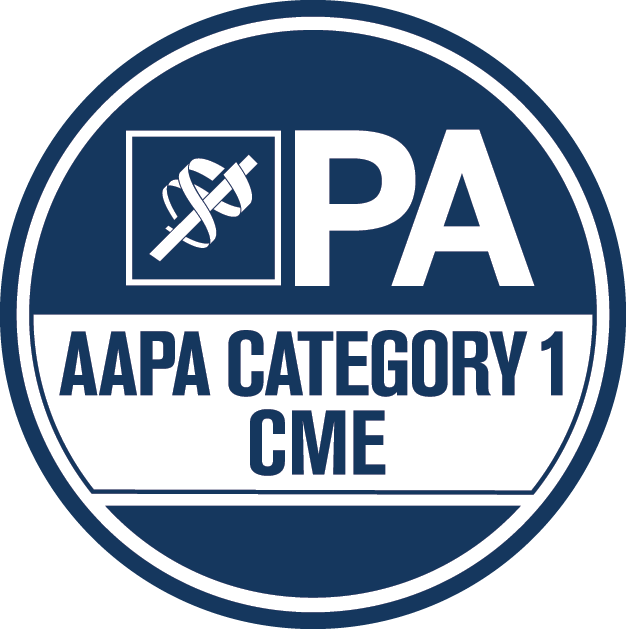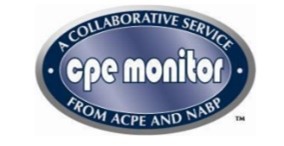Announcer:
Welcome to CME on ReachMD. This episode is part of our MinuteCE curriculum.
Prior to beginning the activity, please be sure to review the faculty and commercial support disclosure statements as well as the learning objectives.
Dr. Harvey:
Hi, this is CME on ReachMD, and I'm Dr. Philip Harvey. Here with me today is Dr. Martin Strassnig.
Martin, let's dive into some of this newly developing data. What are we learning about new and emerging treatment options to manage cognitive impairment associated with schizophrenia?
Dr. Strassnig:
Thanks, Phil. Now, I will say that if you do start off with the fact that dopaminergic-cholinergic balance is considered essential to cognitive performance in schizophrenia, the problem is patients are often treated with drugs which have anticholinergic properties, which might actually worsen their cognition. I'm thinking of Cogentin, for example, or some of the more anticholinergic antipsychotics themselves. So by treating schizophrenia with some of the available agents and side effects medications to ameliorate the side effect induced by these very medications, they might actually worsen patients’ cognition, right? So just from that perspective it's important to be mindful of what we are actually doing, right? And, you know, what do you come up with in the end in order to enhance cognition, right? And we, you know, throughout this podcast, we've talked about how important the NMDA hypofrontality has been or the concept of hypofrontality has been to the genesis of cognitive impairment in schizophrenia, right? And we've also covered a little bit how glycine is able to foster neuroplasticity and memory and learning in the end, so there’s, you know, I have to mention that there's this new glycine transport inhibitor, GlyT-1 inhibitor, iclepertin, which seems to show some very promising data here in enhancing cognition in schizophrenia. I say that because the alternatives, or some of the alternatives that have been tried, including, nootropics, cholinergic agents, even cholinesterase inhibitors, have not been successful in remediating cognitive impairments in schizophrenia.
So this new drug, iclepertin, is a novel and selective glycine transporter 1 inhibitor. So what it does is it’s able to reduce NMDA-related hypofrontality, and it does that by increasing glycine and glutamate binding in GABAergic inhibitor neurons, therefore improving the all-important synaptic plasticity and, by proxy, memory and learning.
So, yeah. And I’ve covered cholinergic agonists to some extent there. I want to mention biopterin, which has been tried and has not been successful. So the most promising molecule on the market these days is iclepertin.
Dr. Harvey:
And it's worth commenting that iclepertin is being studied in a very large-scale trial. It’s a worldwide trial that is being conducted in a wide array of different countries. Because schizophrenia looks the same around the world, it's entirely feasible to try to treat schizophrenia around the world with the same treatments. And cognitive impairment in schizophrenia has shown to be ubiquitous, despite other cross-cultural factors. So in the CONNEX trial, they're looking at iclepertin in a randomized placebo-control intervention. And what they're doing is they're looking at its benefits on cognition and an array of other co-primaries.
It's worth keeping in mind that, you know, the cholinergic system and the glutamatergic system are intrinsically linked together as well, and there are some other emerging treatments that may hit some of the muscarinic cholinergic receptors in a way that would be beneficial as well. That's to be seen. Those studies haven't started yet; there's only preliminary data out there. But iclepertin was certainly successful in phase 2, and it's a very adequate, well-designed trial to take a look at its potential benefits worldwide in phase 3. So this is a medication that's designed not to be an antipsychotic; it's not designed to treat negative symptoms. It's being rolled out and targeted specifically at cognitive impairment measured with a standardized battery that's approved by the FDA and other entities called the MATRICS Consensus Cognitive Battery.
Thank you, Martin, for your insights and thank you for listening to our presentation.
Announcer:
You have been listening to CME on ReachMD. This activity is provided by TotalCME, LLC. and is part of our MinuteCE curriculum.
To receive your free CME credit, or to download this activity, go to ReachMD.com/CME. Thank you for listening.


 In support of improving patient care, Global Learning Collaborative (GLC) is jointly accredited by the Accreditation Council for Continuing Medical Education (ACCME), the Accreditation Council for Pharmacy Education (ACPE), and the American Nurses Credentialing Center (ANCC) to provide continuing education for the healthcare team.
In support of improving patient care, Global Learning Collaborative (GLC) is jointly accredited by the Accreditation Council for Continuing Medical Education (ACCME), the Accreditation Council for Pharmacy Education (ACPE), and the American Nurses Credentialing Center (ANCC) to provide continuing education for the healthcare team. Global Learning Collaborative (GLC) has been authorized by the American Academy of PAs (AAPA) to award AAPA Category 1 CME credit for activities planned in accordance with AAPA CME Criteria. This activity is designated for 1.0 AAPA Category 1 CME credit. Approval is valid until April 30, 2025. PAs should claim only the credit commensurate with the extent of their participation in the activity.
Global Learning Collaborative (GLC) has been authorized by the American Academy of PAs (AAPA) to award AAPA Category 1 CME credit for activities planned in accordance with AAPA CME Criteria. This activity is designated for 1.0 AAPA Category 1 CME credit. Approval is valid until April 30, 2025. PAs should claim only the credit commensurate with the extent of their participation in the activity.

